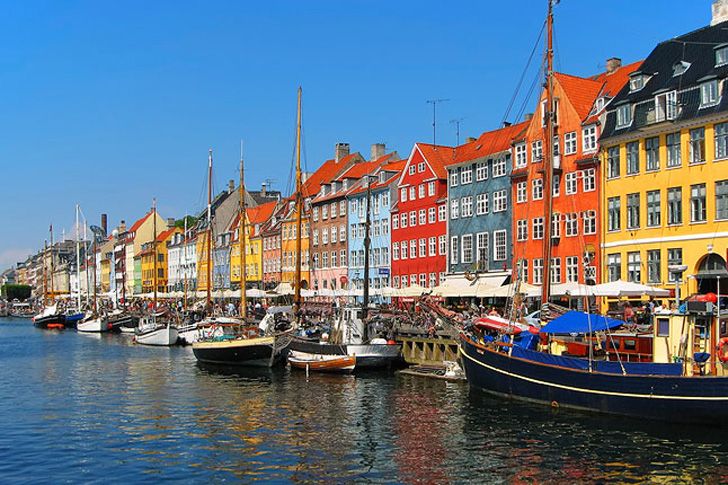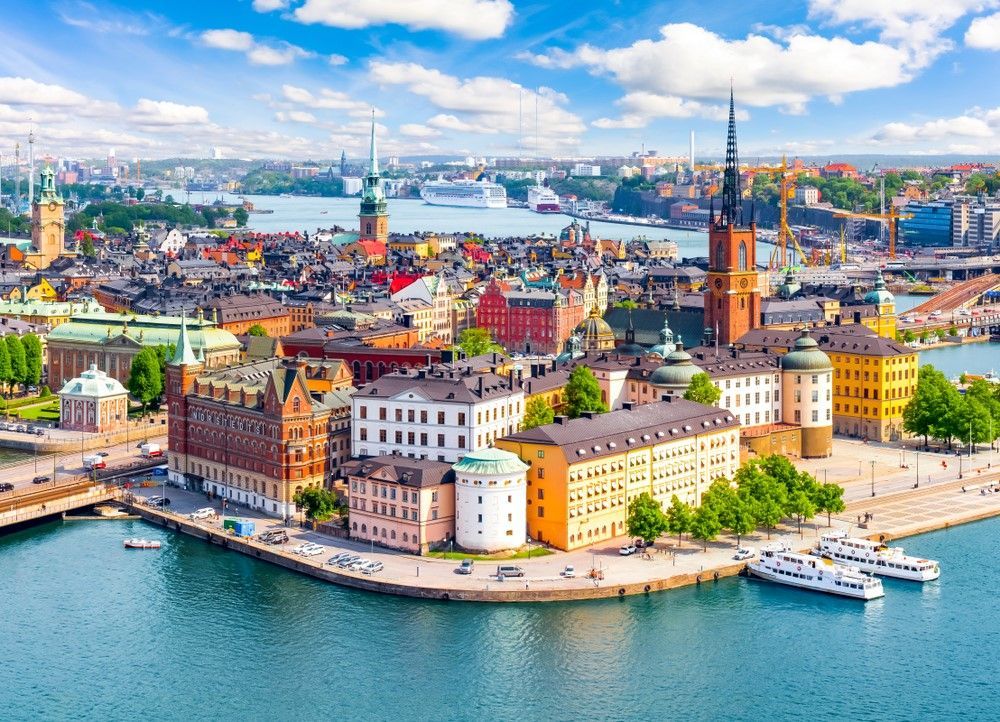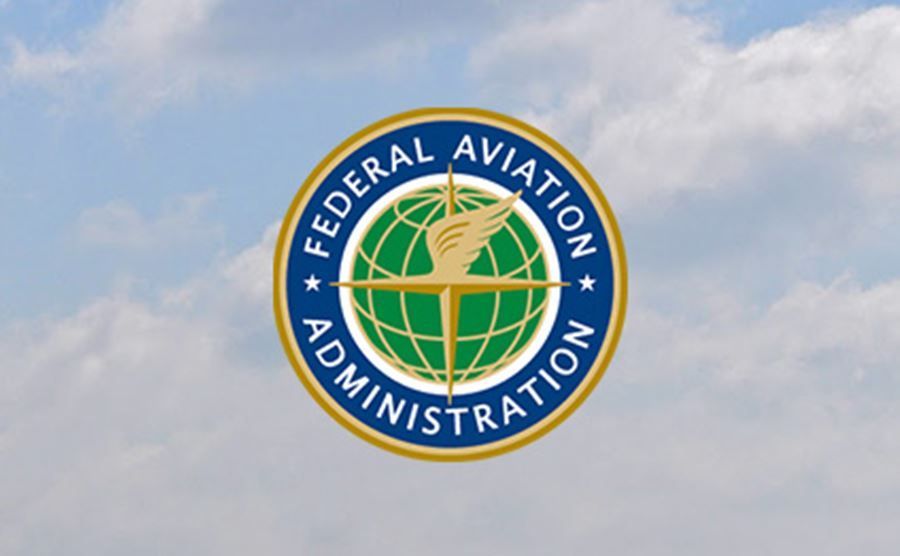Following the removal of the U.S. from the E.U.’s safe travel list, Bulgaria, Denmark, the Netherlands, and Sweden tighten travel restrictions for U.S. travelers.
Italy was the first European country that introduced requirements for American tourists.
From September 12, France also removes the U.S. from its safe travel list.
Bulgaria
Under the Bulgarian Ministry of Health order, countries are classified as Green, Orange, or Red zones based on their COVID-19 risk. As of September 1, 2021, the United States is considered a Red zone country. That means persons arriving from the United States, regardless of their citizenship, are prohibited from entering Bulgaria unless they meet an exception.
Please note that the current Bulgarian entry requirements are based on the country of departure only—not on citizenship and not on countries through which you transit.
U.S. Citizens starting their travel from Green or Orange Zones may enter Bulgaria under the conditions listed in the new Health Order of the Bulgarian Ministry of Health (Order RD-01-733/27.08.2021 ) that are in effect from September 1, 2021, through November 30, 2021.
Green zone: Austria, Czech Republic, Finland, Hungary, Luxembourg, Norway, Poland, Romania, Slovak Republic and Vatican City State.
Orange zone: All countries outside the green and red zone.
All travelers arriving to Bulgaria from a green or orange zone country, regardless of their citizenship, can enter without quarantine if they present an EU Digital COVID Certificate showing that the person has been vaccinated against COVID-19, has received a negative COVID test result, or has recovered from COVID-19. EU national authorities are in charge of issuing the certificate. The certificate may be issued by test centers or health authorities, or directly via an eHealth portal. The digital version can be stored on a mobile device. Citizens can also request a paper version. Both will have a QR code that contains essential information, as well as a digital signature to make sure the certificate is authentic. Similar documents which contain the same data as the EU digital certificate are also accepted.
Persons arriving from the Green zone who do not present an EU Digital COVID Certificate will be quarantined for a period of 10 days. The quarantine may be revoked if they obtain a negative result of a polymerase chain reaction (PCR) test performed 24 hours after their arrival in Bulgaria or a positive result from a PCR or antigen test for immunity for COVID-19 for persons who had the coronavirus infection not more than 6 months from their entry date into Bulgaria. The quarantine is to be lifted within 24 hours after the submission of the document showing a negative PCR test result or a positive result from a PCR or antigen test for immunity for COVID-19. The Director of the respective Regional Health Inspectorate may revoke the issued order for quarantine upon submission by e-mail of a document showing a negative result from a polymerase chain reaction test conducted within 24 hours of entering the country to prove COVID-19 or by a rapid antigen test as specified in Annex № 2. The recommendation shall be removed within 24 hours upon presentation of the document showing a negative test result.
At least 5% of all arrivals from orange zone countries will be randomly tested with a rapid antigen test upon arrival to Bulgaria.
Bulgarian citizens and persons with the status of permanent or long-term residence status in Bulgaria and the members of their families arriving from the Orange zone who do not present an EU Digital COVID Certificate will be quarantined for a period of 10 days. The quarantine may be revoked if they obtain a negative result of a PCR test performed 24 hours after their arrival in Bulgaria or a positive result from a PCR or antigen test for immunity for COVID-19 for persons who had the coronavirus infection not more than 6 months from their entry date into Bulgaria. The quarantine is to be lifted within 24 hours after the submission of the document showing a negative PCR test result or a positive result from a PCR or antigen test for immunity for COVID-19.
Persons arriving from the Red zone are prohibited from entering Bulgaria unless they meet an exception.
Exceptions: Those excepted from Red zone entry restrictions include:
- Bulgarian citizens and persons with the status of permanent or long-term residence status in Bulgaria and their immediate family members;
- Citizens of the European Union, the European Economic Area and the Swiss Confederation and their family members arriving from a Member State of the European Union, the European Economic Area and the Swiss Confederation;
- Medical professionals, medical researchers, social workers, and their supervisors when traveling related to their duties;
- Workers involved in the supply of medicinal products, medical devices and personal protective equipment, medical equipment, including its installation and maintenance;
- Foreign officials, diplomats, members of the administrative and technical staff of foreign missions, officials of international organizations, military personnel, and humanitarian workers in the performance of their duties and their family members;
- Persons traveling for humanitarian reasons and their family;
- Seasonal agricultural and tourism workers;
- Students who hold long term “D” study visas;
- Foreign citizens, who are to receive a decree under the Bulgarian Citizenship Law for acquiring a Bulgarian citizenship, certified by a letter from the Minister of Justice;
- In all other cases persons travelling from red zone countries may enter Bulgaria with the permission of the Minister of Health. All those seeking this exemption must present a letter from the Minister of Health, which includes the reasons for applying for the entry exemption;
Persons who fall under an exception can enter Bulgaria by presenting a valid digital EU COVID certificate for vaccination or certificate of recovery or a similar document together with a negative result from a test conducted up to 72 hours before entering the country by the method of polymerase chain reaction for COVID-19, certified by a valid EU digital COVID certificate for testing or a similar document containing the same data as the EU digital COVID certificate for testing. Those who do not present a valid EU digital COVID certificate for vaccination or certificate of recovery or a similar document may be admitted on the territory of the country only after presenting a negative result from a test conducted up to 72 hours before entering the country by the method of polymerase chain reaction for COVID-19, certified by a valid EU digital COVID certificate for testing or a similar document containing the same data as the EU digital COVID certificate for testing, and they shall be quarantined for a period of 10 days at home or in another place of accommodation, in which the person has indicated that he/she will reside, with a recommendation issued by the Director of the respective Regional Health Inspectorate or a Deputy Director.
Children 12-18 years of age arriving from the Red zone may enter the country by presenting by email a negative PCR test, certified by an EU Digital certificate. Those who do not present such document will be quarantined for a period of 10 days. The quarantine for children 12-18 years of age who are Bulgarian citizens and persons with the status of permanent or long-term residence status in Bulgaria, may be revoked if they obtain a negative result of a PCR test performed 24 hours after their arrival in Bulgaria. The quarantine is to be lifted within 24 hours after the submission of the document showing a negative PCR test result or a positive result from a PCR or antigen test for immunity for COVID-19.

Denmark
Denmark has reintroduced its travel ban on U.S. residents who are not fully vaccinated. The new rules came into force on September 4.
Denmark’s latest adjustment to its entry rules saw the U.S. along with five other countries reclassified to ‘orange’ status. This means that U.S. residents able to prove full vaccination will still be permitted to enter Denmark with no testing or isolation requirements.
Denmark considers someone to be fully vaccinated when at least 14 days have passed since the completion of a full course of an EMA-approved vaccine. The EU digital certificate is accepted as proof. Other documentation must include name, date of birth, name of vaccine(s) and the date(s) of vaccination.
For American travelers without full vaccination, a ‘worthy purpose’ is required to enter Denmark. Worthy purposes include jobs, business meetings, certain professions, students, close family relations or other urgent business, but does not include tourism.
Even with a worthy purpose, U.S. residents who are not fully vaccinated will be required to test and isolate upon arrival, with the exception of those who can document a previous Covid-19 infection.

Netherlands
Starting September 4, vaccinated U.S. travelers must quarantine 10 days but can cut the isolation period short if they test negative for coronavirus on day five. Children 12 and under are exempt, according to the Government of the Netherlands’ website.
Starting September 6, the country will also require U.S. travelers to show a negative test result to enter.
The new restrictions do not apply to the Caribbean islands Aruba, Curaçao and Sint Maarten, which are part of the Kingdom of the Netherlands, according to the Netherlands’ Ministry of Foreign Affairs.

Sweden
As of September 6, the government of Sweden adopted amendments to the temporary ban on entry into Sweden. The amendments concern the exemption for residents of certain designated non-EU countries and are in line with the Council of the European Union’s latest recommendation to EU Member States. The latest decision to extend the ban means that the entry ban now applies until 31 October 2021.
The entry ban means that a foreign citizen travelling to Sweden from a state other than an EEA State or Switzerland will be denied entry into Sweden and turned away. There are a number of exemptions from this – for example, the entry ban does not apply to foreign citizens who are resident of certain countries. The exempted countries are specified in an annex to the Ordinance.
To travel to Sweden from countries outside the EU/EEA, you must be covered by at least one of the exemptions from the entry ban and also be able to present a negative COVID-19 test or be exempt from the test requirement.
The adopted amendment means that residents of the US, Israel, Kosovo, Lebanon, Montenegro and North Macedonia will no longer be exempted from the entry ban solely on the ground that they reside there.
Regarding foreign citizens travelling to Sweden from the US, Israel, Kosovo, Lebanon, Montenegro and North Macedonia as of 6 September, only those covered by another exemption from the entry ban may enter Sweden. This could concern foreign citizens who have residence permits in Sweden, have particularly urgent needs or are to carry out essential functions, and who can also present a negative COVID-19 test. The negative COVID-19 test result may not be older than 48 hours. This requirement applies to foreign citizens aged 18 and older, with certain exemptions.
Entry from Denmark, Finland, Iceland and Norway is not subject to any entry restrictions. Foreign citizens travelling to Sweden from Denmark, Finland, Iceland and Norway will not be required to present a EU Digital COVID Certificate or equivalent.












